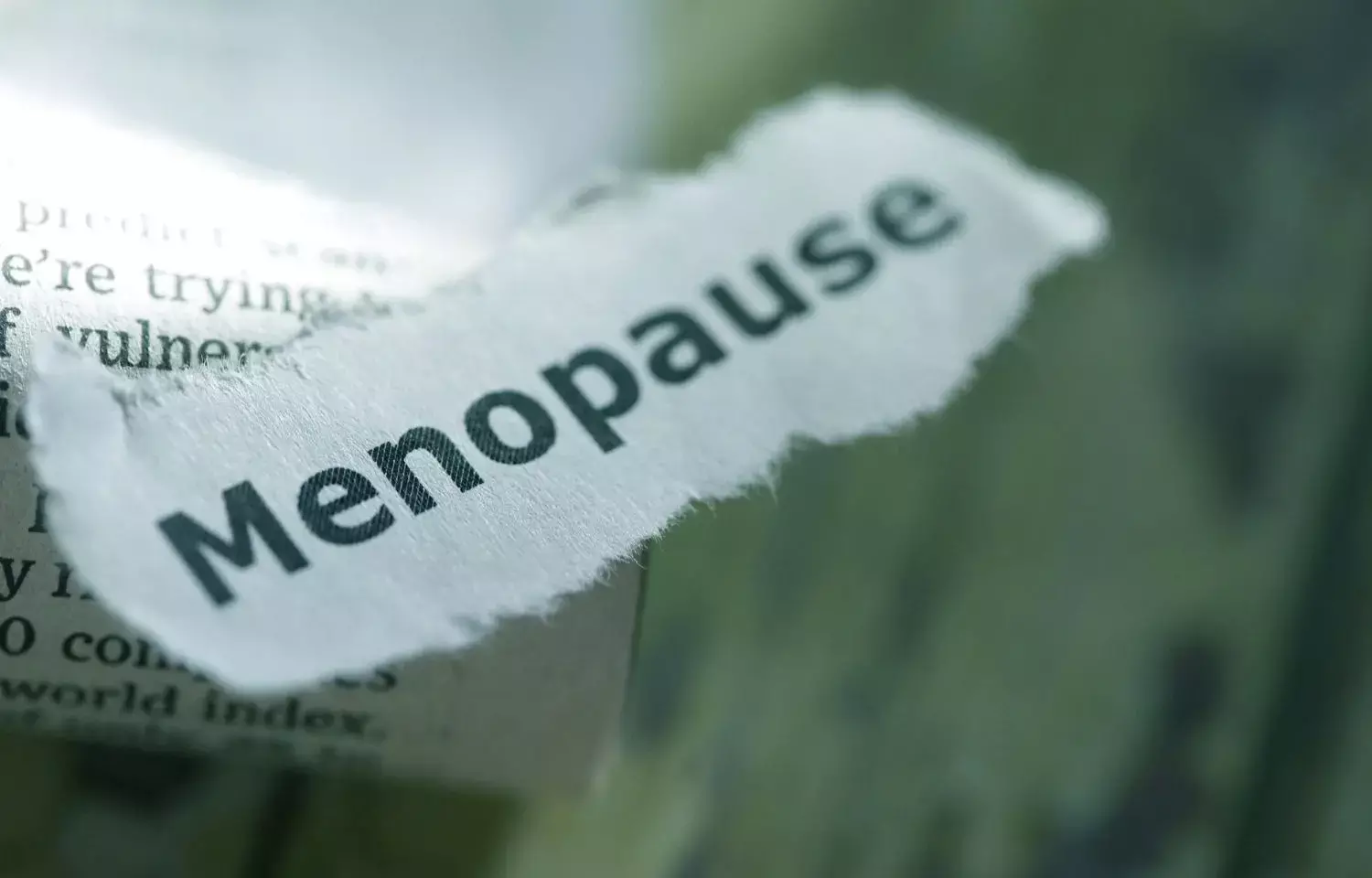- Home
- Medical news & Guidelines
- Anesthesiology
- Cardiology and CTVS
- Critical Care
- Dentistry
- Dermatology
- Diabetes and Endocrinology
- ENT
- Gastroenterology
- Medicine
- Nephrology
- Neurology
- Obstretics-Gynaecology
- Oncology
- Ophthalmology
- Orthopaedics
- Pediatrics-Neonatology
- Psychiatry
- Pulmonology
- Radiology
- Surgery
- Urology
- Laboratory Medicine
- Diet
- Nursing
- Paramedical
- Physiotherapy
- Health news
- Fact Check
- Bone Health Fact Check
- Brain Health Fact Check
- Cancer Related Fact Check
- Child Care Fact Check
- Dental and oral health fact check
- Diabetes and metabolic health fact check
- Diet and Nutrition Fact Check
- Eye and ENT Care Fact Check
- Fitness fact check
- Gut health fact check
- Heart health fact check
- Kidney health fact check
- Medical education fact check
- Men's health fact check
- Respiratory fact check
- Skin and hair care fact check
- Vaccine and Immunization fact check
- Women's health fact check
- AYUSH
- State News
- Andaman and Nicobar Islands
- Andhra Pradesh
- Arunachal Pradesh
- Assam
- Bihar
- Chandigarh
- Chattisgarh
- Dadra and Nagar Haveli
- Daman and Diu
- Delhi
- Goa
- Gujarat
- Haryana
- Himachal Pradesh
- Jammu & Kashmir
- Jharkhand
- Karnataka
- Kerala
- Ladakh
- Lakshadweep
- Madhya Pradesh
- Maharashtra
- Manipur
- Meghalaya
- Mizoram
- Nagaland
- Odisha
- Puducherry
- Punjab
- Rajasthan
- Sikkim
- Tamil Nadu
- Telangana
- Tripura
- Uttar Pradesh
- Uttrakhand
- West Bengal
- Medical Education
- Industry
Less sex during menopause transition not linked to sexual pain

Having sex less often during the transition to menopause is not associated with an increased risk of developing pain with intercourse, according to a new study published recently by the Journal of Obstetrics and Gynecology.
This 13-year study examined whether a reduction in the frequency of sex is responsible for women's symptoms of sexual pain during the transition to menopause. The study also examined other factors potentially associated with sexual pain.
"Women have been told by the popular media and some physicians that if you 'don't use it, you'll lose it,' meaning if women don't remain sexually active, especially through the menopause transition, they will lose the ability to have comfortable sex. But this study provides some empirical evidence against this popular notion," said Elaine Waetjen, primary investigator of the study and professor of obstetrics and gynecology at UC Davis Health.
Painful intercourse is reported in 20% to 59% of perimenopausal and postmenopausal women. This study gathered questionnaire data annually across the first 10 visits of the Study of Women's Health Across the Nation (SWAN), a multicenter, multiracial and multiethnic prospective study of the menopausal transition. Inclusion criteria for this study were those ages 42-52 years who self-identified as Black, Hispanic, Japanese, Chinese or White.
Of the 2,247 women with no sexual pain at the baseline, 1,087 (48.4%) developed sexual pain at least "sometimes" up to 10 follow-up visits over 13 years. Participants completed questionnaires at each visit, gauging frequency of participation in sexual behaviors, genital or urinary symptoms and pain experienced during sexual activity. Some of the study's other findings:
- Women were most at risk for developing sexual pain in late perimenopause and postmenopause, independent of age
- Use of systemic hormone therapy did not appear to reduce this risk of developing sexual pain
- Reporting of vaginal dryness had the strongest association with developing pain
- Engaging in oral sex and having a higher frequency of arousal were associated with a reduced chance of developing sexual pain
- History of sexual trauma was not associated with sexual pain among this older cohort
"Our study results provide a critical public health and clinical message: women whose sexual intercourse activity declines do not appear to be at higher risk for developing sexual pain compared with women who maintain or increase sexual frequency," Waetjen said. "Women and their health care professionals should focus on developing individualized strategies to prevent and treat sexual pain and not attribute pain to reduced intercourse frequency."
Reference:
Waetjen, L. Elaine MD; Johnson, Wesley O. PhD; Xing, Guibo PhD; Hess, Rachel MD, MS; Avis, Nancy E. PhD; Reed, Barbara D. MD; Dugan, Sheila A. MD; Neal-Perry, Genevieve MD, PhD; Gold, Ellen B. PhD; for the Study of Women's Health Across the Nation (SWAN) Patterns of Sexual Activity and the Development of Sexual Pain Across the Menopausal Transition, Obstetrics & Gynecology: June 2022 - Volume 139 - Issue 6 - p 1130-1140 doi: 10.1097/AOG.0000000000004810
Dr Kamal Kant Kohli-MBBS, DTCD- a chest specialist with more than 30 years of practice and a flair for writing clinical articles, Dr Kamal Kant Kohli joined Medical Dialogues as a Chief Editor of Medical News. Besides writing articles, as an editor, he proofreads and verifies all the medical content published on Medical Dialogues including those coming from journals, studies,medical conferences,guidelines etc. Email: drkohli@medicaldialogues.in. Contact no. 011-43720751


